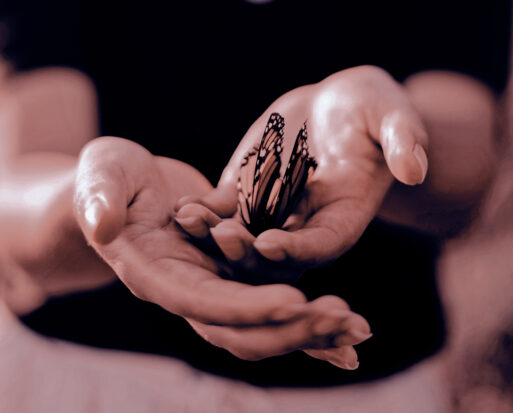 Tani Bahti, RN, CT, CHPN, offers practical on-hand guidance to demystify the dying process. An RN since 1976, Tani has been working to empower families and health care professionals to have the best end-of-life experience possible both through education and the development of helpful tools and resources. As the current director of Pathways, Tani is also the author of “Dying to Know — Straight Talk About Death and Dying,” considered by SevenPonds to be one of the most practical books on the topic.
Tani Bahti, RN, CT, CHPN, offers practical on-hand guidance to demystify the dying process. An RN since 1976, Tani has been working to empower families and health care professionals to have the best end-of-life experience possible both through education and the development of helpful tools and resources. As the current director of Pathways, Tani is also the author of “Dying to Know — Straight Talk About Death and Dying,” considered by SevenPonds to be one of the most practical books on the topic.
We were eight very experienced hospice workers, surrounding the bed of Kim, our beloved friend and former hospice co-worker, who was now close to death. One would think we were a dream care team, and yet there we were, arguing about her care.
“She needs mouth care.”
“No, she will choke on any water from that swab!”
“We need to turn her every two hours to prevent bed sores!”
“She is so close to death it will be uncomfortable and disruptive.”
“She is moaning and needs pain meds.”
“She looks comfortable — she’s just communicating with us or those we can’t see.”
Although this was our area of expertise, we couldn’t agree on the best care. We shared an unspoken fear of letting our friend down, of not providing the care she deserved to assure the most comfortable and dignified death.
“Doing it right.” While based in a loving intention, it seemed to be a moving object I and my friends could not fully embrace at the same time, despite being the “professionals.” We now better understood what this must be like for the hundreds of patients and families we had served, confidently providing direction and reassurance with patience and compassion — qualities we were now lacking for each other!
 Our ego is attached to this need to do this right. It makes us wonderfully, albeit painfully human.
Our ego is attached to this need to do this right. It makes us wonderfully, albeit painfully human.
Kim’s partner had been busy for months, coordinating treatments, support, healing ceremonies and care giving schedules, and providing the right foods, supplements and holistic care. She fought to maintain a positive outlook and push back any fears or negative thoughts that might affect either care or outcomes. She committed to being superhuman in her tireless efforts.
Finally sitting down in total exhaustion, she exclaimed, “I finally realized, I’m not going to get through this looking good!” What a freeing statement! We laughed and cried with this truth.
Let go of the “shoulds.” Simply watch the response of the person you are caring for and let that be your guide. What might be needed at noon may be different by 2 p.m. It’s OK.
Recognize that everyone is grieving, and everyone is frightened of not providing the best care.
The key is the love we put into every action.
I could imagine Kim’s spirit looking at us all, both grateful and amused.
There is no perfection. There is only love.
And that is perfect.
Take a look at a copy of Tani’s book “Dying to Know — Straight Talk About Death and Dying” to help demystify the process and learn from words of wisdom on the many aspects of dying. (SevenPonds is not financially affiliated with Pathways and will not make money from any purchases readers might make.)
This column was first published in 2016.

 Caring for a Dying Loved One? Be Gentle With Yourself.
Caring for a Dying Loved One? Be Gentle With Yourself.



 Will I Die in Pain?
Will I Die in Pain?















